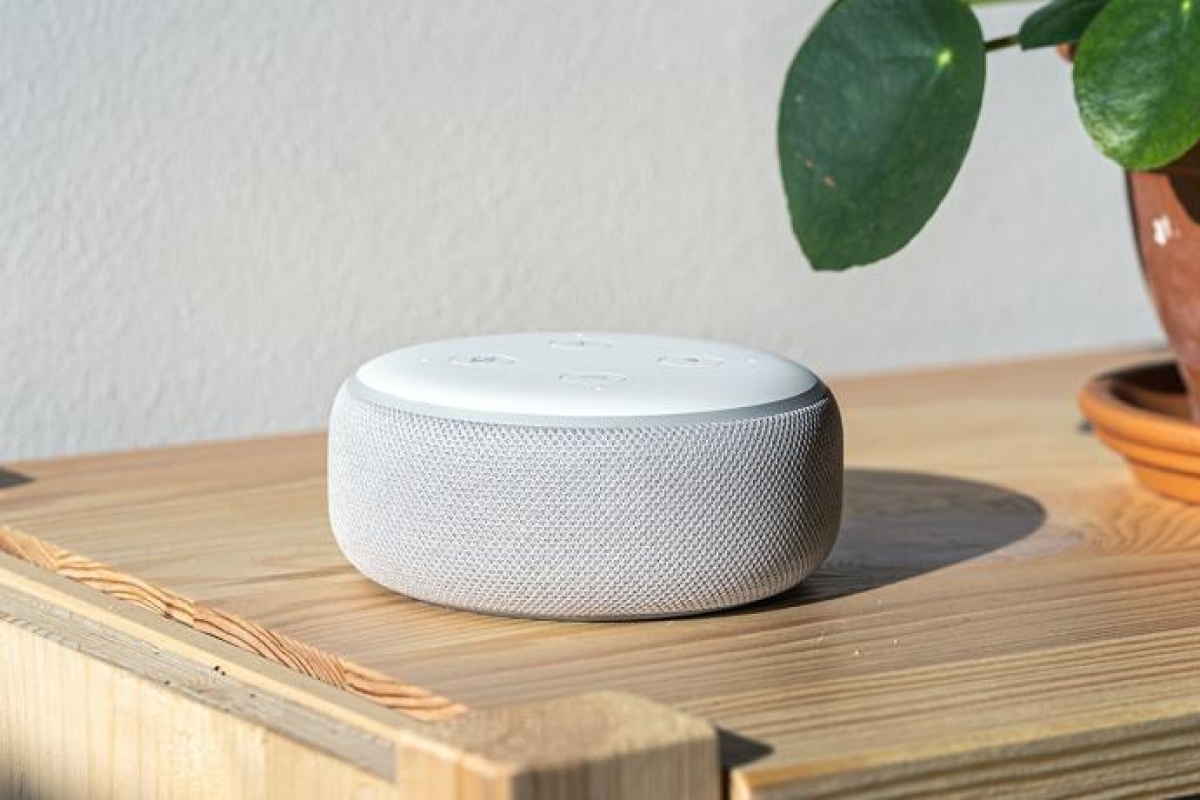Getting a good night’s sleep is essential for both physical and mental health, but it is hard to quantify the quality of sleep. Many studies that have shown that non-electroencephalography techniques are poor indicators of sleep/wakefulness to specific sleep staging (there is usually <70% agreement with polysomnography data). We are working with a novel sensor developed by Circadia to evaluate a new approach to non-contact sleep monitoring and sleep disorder assessment. This device sits beside the bed and uses sonar technology to track body movements, including respiratory motion, and estimates sleep/wake cycles. The validation of this innovative technology would permit remote, non-contact monitoring of individuals’ sleep and associated disorders in lieu of time-consuming sleep diaries and overnight outpatient studies. It would also allow data to be collected on patients using positive airway pressure therapy to gain more insight on non-adherence due to nocturia.
Can we automatically detect changes in speech to detect cognitive changes? The Center for SMART Health is helping to develop and test digital technologies for cognitive testing in the context of benzo/z-drug tapering/insomnia treatment. Specifically, we are exploring the use of digital vocal biomarkers for assessing changes in cognition. This study is recruiting participants who will answer web-based tests with verbal responses. The voice data from their responses are collected and analyzed using machine learning algorithms, identifying potential patterns reflecting cognitive changes. We are also partnering with industry leaders to perform neurocognitive testing to provide real-time results in different areas, including: instant and delayed verbal memory, impulse control, attention, focus, emotion, identification, information processing speed, flexible thinking, working memory, executive function, visual learning, and spatial memory.
Depression affects an astounding 300 million people worldwide and one of society’s biggest problems – yet it is poorly understood. In 2018, UCLA launched the Depression Grand Challenge (DGC) with the ambitious goal of cutting in half the worldwide burden of depression by 2050. New diagnostic and treatment methods are being explored, including mHealth. The DGC, in a partnership with Apple Inc., launched a major study to provide greater insights into how we diagnose and treat anxiety and depression. Using devices connected to a smartphone/smartwatch, we are obtaining objective measures around sleep, physical activity, heartrate and daily routines to illuminate the relationship between these factors and symptoms of depression and anxiety. This joint effort has the very real potential to transform behavioral health research and clinical care by enabling healthcare providers to note warning signs before severe mental health crises occur. The study is also an important step toward greater understanding of the different types of depression, and which treatments work best for each. As part of this effort, we are helping with subject recruitment, as well as coordinating secure sensor data collection and integrated analysis.



